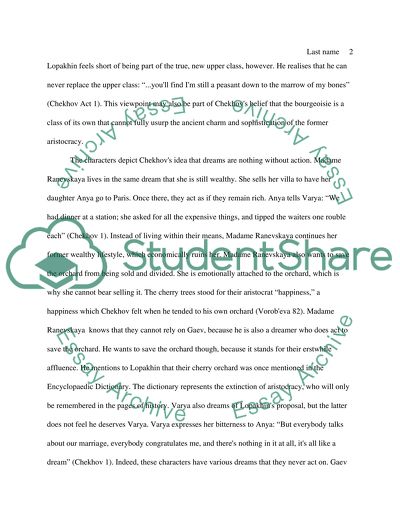Cite this document
(“Dreamers versus Workers and Their Humanity Essay”, n.d.)
Dreamers versus Workers and Their Humanity Essay. Retrieved from https://studentshare.org/english/1438006-dreamers-versus-workers-and-their-humanity
Dreamers versus Workers and Their Humanity Essay. Retrieved from https://studentshare.org/english/1438006-dreamers-versus-workers-and-their-humanity
(Dreamers Versus Workers and Their Humanity Essay)
Dreamers Versus Workers and Their Humanity Essay. https://studentshare.org/english/1438006-dreamers-versus-workers-and-their-humanity.
Dreamers Versus Workers and Their Humanity Essay. https://studentshare.org/english/1438006-dreamers-versus-workers-and-their-humanity.
“Dreamers Versus Workers and Their Humanity Essay”, n.d. https://studentshare.org/english/1438006-dreamers-versus-workers-and-their-humanity.


